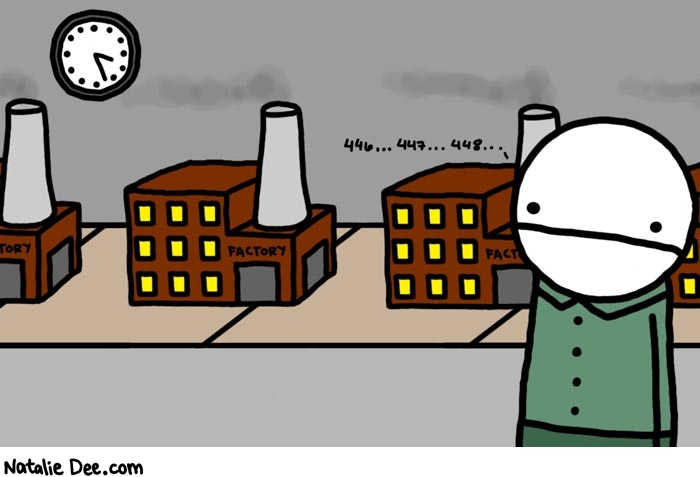The trip to the central opened up a whole new window Vietnam for me as well as another mirror to understanding closer, yet further the genealogy that is associated with how I ethnically, culturally, and nationally identify myself. While I was overhearing conversations with other EAP’ers whose families hometown is in the south, I related to a lot of their sentiments on how much more they can connect to this region—the people, the food, the way the Vietnamese language is spoken, the mannerisms, etiquette, and so on—unlike their experiences in Hanoi. I found myself aligning with what was discussed.
There, I felt more comfortable and confident speaking Vietnamese. I noticed how much I started to sound like my mother and father when speaking to the locals. I could finally feel that natural vibration in my throat as I pronounce words without being so conscious of imitating the northern accent. It was then that I decided to not forge the northern accent in my articulation. Instead of displacing my family’s tongue, I should try to continually improve it no matter what northerners may think. My family is from the south; Long Xuyen; in a small town called Thot Not. I should speak how people in Thot Not speak.
But ironically, as I started to become more regionally and identity conscious, I started to further question of what constitutes me and to what extent do I romanticize whatever is “ethnic” about me from the beginning? While I am indeed learning if not relearning who I am, or who and what my family is, I am somehow caught in between the rifts of time and space. I suppose after being exposed and interacting with local youth in Hanoi and experiencing the central trip as a tourist opened my eyes to a reality of change. For example, when I hear the word “Vietnamese culture," instantly an image of my family is evoked in mind. I am starting to understanding that Vietnamese people in Vietnam indeed is not my family per say in part because of how generations progress and change. Culture is fluid. Identity is fluid. Just as my family and I are fluid. However, I do have a tendency to preserve what I think my family is in a glass case in my cognitive museum like how I preserve my belongings in my own room.
While I acknowledge my position as an essentially a tourist with a Vietnamese or Asian guise, I constantly reminded myself that Vietnam is not my playground; that I am here to learn first and foremost. Whatever is entailed in the learning is ultimately up to how I choose use my time here.
Viet Kieu. Tourist. Foreigner. I am an American, but my roots are in Vietnam though my umbilical cord is not. Home seems far away, yet I am here. I am here. Then I am there. A few more months left. How will I feel?


